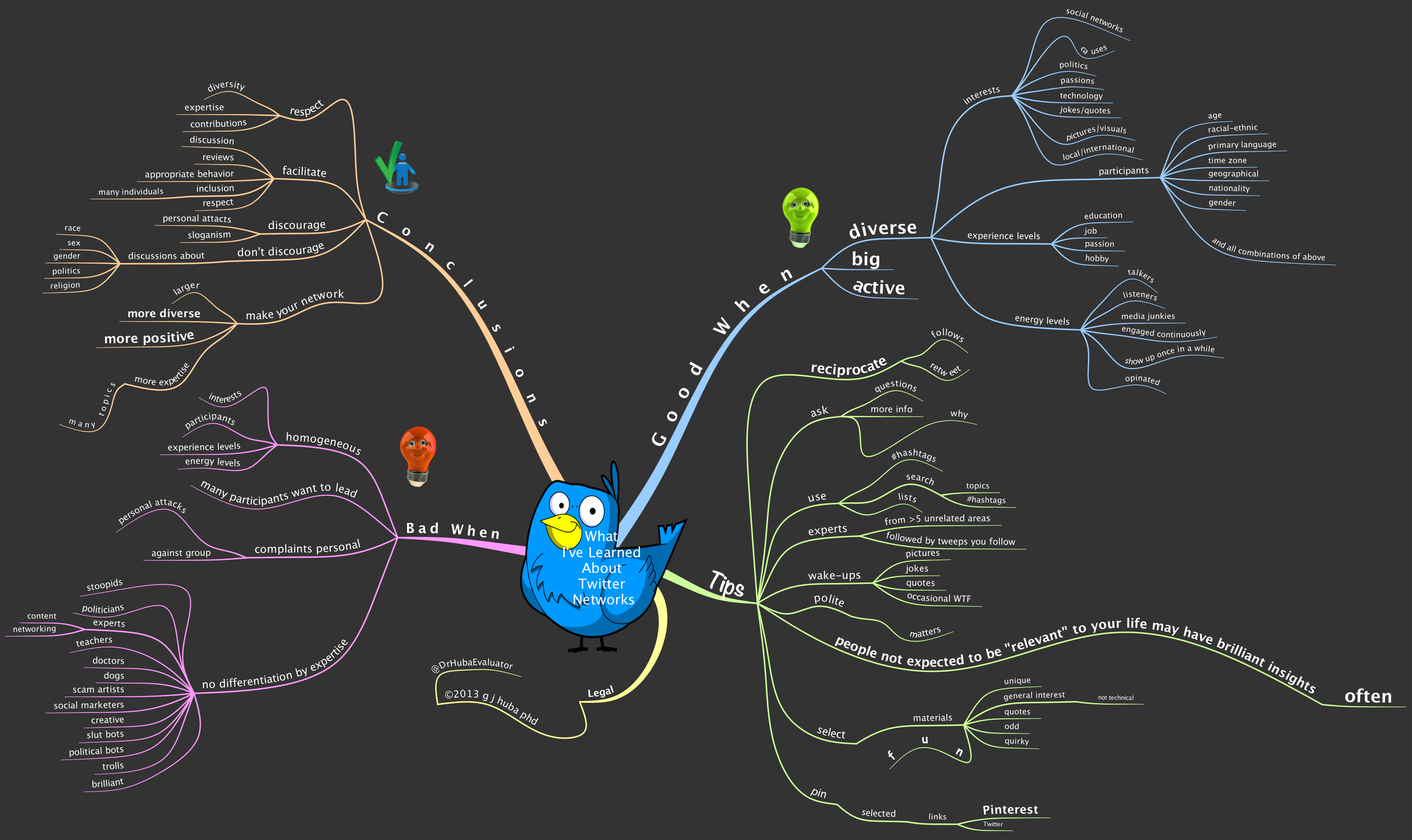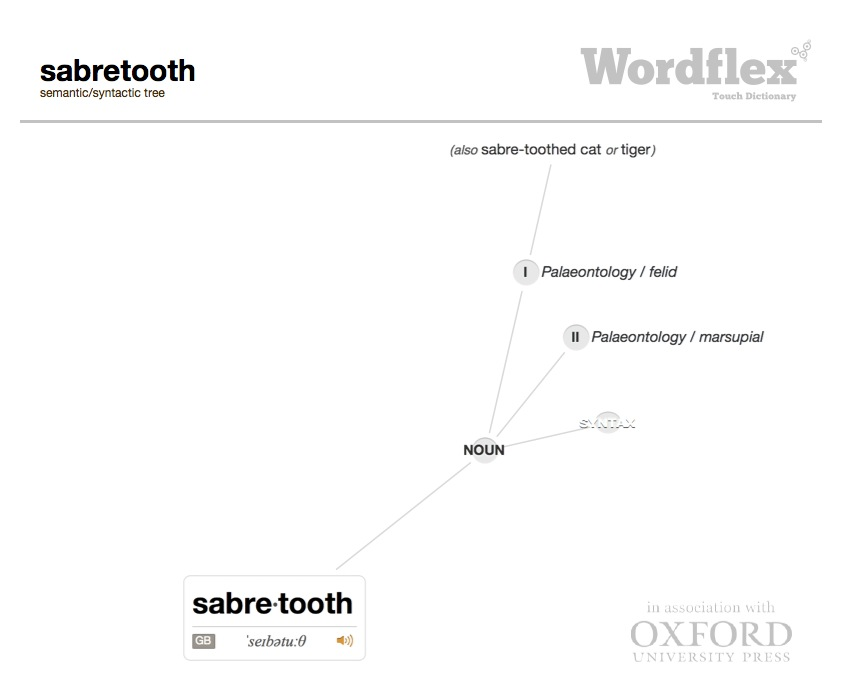Here is a little experiment.
iMindMap of newly minted pseudo-words I have never used online before.
Wordle of newly minted pseudo-words I have never used online before.
I will update this blog post with comments as the experiment continues. My bet is that the engines will find the content very rapidly.
June 4 2013. Thus far, the only word google has found is torken. I am assuming that is because the font and tilt are like normal test.
Thus far, the moral of the story seems to be that if you want google to not find a word in your mind map, use organic mind mapping. Conversely …
Since humans can readily see the words in both the mind map and the woordle, this does illustrate (that at least in this case) google is not working like the human brain. I will check Bing later and update this post.
More to come. I also want to see what happens with the output of other mapping and graphics programs. I would argue that if google cannot detect nonsense words that humans can see in an organic mind map but can see those that appear in a non-organic, flat mind map (such as those from Mindjet and Mindnode, and XMind), then that would tend to argue that organic mind mapping is more like human thinking.
I invite everyone who mind maps to run simple experiments like this. These are very easy to do.





























